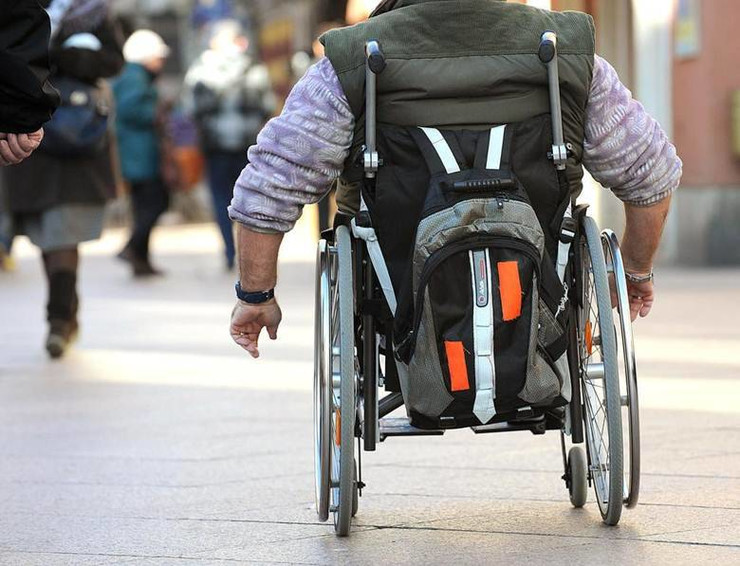
PODGORICA, 04.10.2018. – Montenegrin media continue to have problems in practice when reporting about vulnerable groups in society. Although the situation has changed significantly compared to the previous period, vulnerable groups generally deserve a space in media only when an incident situation occurs, where they are shown in a subordinate position.
NGO Women Action concluded that there are problems in practice. They recently published the Handbook on Non-discrimination for Local Media. Before Handbook, they did an analysis about Niksic local media coverage of the vulnerable groups. The analysis showed the expected results – vulnerable groups, if they were the subject of media interest, were inadequately presented. Unfortunately, such a practice is present in almost all Montenegrin media.
Successful women will be rarely a subject of an article, Roma people will get headlines only when they are suspected of having committed a criminal offense, while people with disabilities are generally presented fairly subjectively, with a degree of compassion. Why is that bad? With the fact that our citizens do not have information about a significant part of their fellow citizens, members of vulnerable groups are denied the right to be an equal part of our community and completely neglect their potential in contributing to its development.
Although the controversy surrounding the use of gender sensitive language has been going on almost from the adoption of the Law on Gender Equality, it has not yet led to the general acceptance of the representation of women in accordance with gender. We can still see in the media, that female ministers are presented as the male, and the same situation is when reporting on the activities of the female president or director, judge, sociologist and psychologist. In addition, women are most often at the forefront only when they are victims of domestic violence, mobbing and other forms of abuse, and there are often cases of sexually portraying women as objects.
Civil organizations working to improve the position of persons with disabilities for years have shown that this population is exposed to discrimination on a daily basis: because of architectural and technical barriers, they do not have access to basic social services, they are also exposed to direct discrimination. When reporting on this population, the media showed enviable empathy, which, as stated in the Handbook, often goes to another extreme – subjectivity, reports often have a note of pity. By presenting it in that way, we will hardly create a picture in society that people with disabilities deserve equal access to human rights, it is more possible that citizens conclude that they will always need our help in this. Also, although the use of terminology has been significantly improved, unfortunately, we can still see use of inadequate terminology.
When it comes to discrimination against vulnerable groups, it seems that the media report the most about the LGBT population. Unfortunately, these are mainly situations that incidents involving persons who are members of or suspected of being members of the LGBT population, as a victims of violence. Although the media is trying to maintain objectivity, readers’ comments on the portals are mostly very negative and defamatory.
The role of the media in contemporary society is reflected in how much they are able to inform and educate citizens about the most important phenomena in society. This certainly includes human rights education.
Respecting the principles of the Code of Ethics for Journalists must be a priority for all profession holders, but journalists, as representatives of the “Seventh Force” as a special “lever of power” in society, must be aware of their roles in breaking stereotypes and prejudices and, in an objective and impartial manner contribute to improving their position.
 This article has been produced as a part of the project Western Balkan’s Regional Platform for advocating media freedom and journalists’ safety with the financial assistance of the European Union. The contents of this article are the sole responsibility of the Independent Journalists’ Association of Serbia and its authors, and can in no circumstances be regarded as reflecting the position of the European Union.
This article has been produced as a part of the project Western Balkan’s Regional Platform for advocating media freedom and journalists’ safety with the financial assistance of the European Union. The contents of this article are the sole responsibility of the Independent Journalists’ Association of Serbia and its authors, and can in no circumstances be regarded as reflecting the position of the European Union.